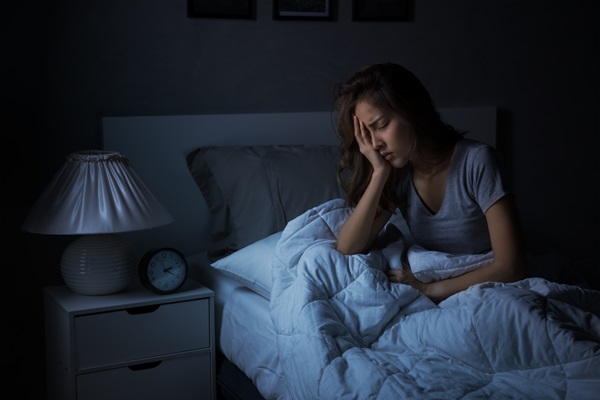What Dental Devices Are Used for Sleep Apnea?

Sleep apnea is a common, concerning, but treatable condition. Individuals who suffer from this condition may snore loudly, gasp for breath, or snort in their sleep. People with severe cases may even stop breathing at night for short periods. People with this condition often wake up feeling unrefreshed, have severe daytime fatigue, and experience regular headaches. If you believe you might be suffering from or if you have been officially diagnosed with this disorder, you may want to consult your dentist about ways to possibly alleviate your symptoms and get back to healthier sleep patterns.
3 oral appliances dentists use to treat sleep apnea
Dentists can make and apply several different devices to help relieve symptoms and mitigate concerns caused by sleep apnea. Often these devices are created to fit your specific mouth and symptoms, as different types and levels of sleep apnea require different oral appliance therapies. Here are three common types of apparatuses dentists generally use to care for patients troubled by this issue.
1. Teeth grinding guard
Grinding your teeth can be and often is a significant sign or result of sleep apnea. There is a significant correlation between unconsciously clenching the jaw and scraping top and bottom teeth together during sleep, known as sleep bruxism, and sleep disorders. The exact reason for this correlation is unknown, but using a custom-fitted mouth guard to stop the grinding and increase the space in the mouth while you sleep may help. A personalized mouthguard can decrease breathing issues from sleep apnea and allow sufferers to achieve a deeper, more relaxed sleep.
2. Mandibular advancement device
Another mouthguard or splint-like apparatus that helps treat sleep apnea is one that advances your lower jaw and tongue to create more space in your mouth and further open up your airway. Dentists often take X-rays, impressions, and perform detailed physical examinations of your mouth and throat to create these devices and mold them specifically to your needs. These devices usually consist of top and bottom guard inserts as well as a connecting henge piece. Sometimes this henge is adjustable, and other times it is fixed.
3. Tongue retaining appliance
In some cases, an oversized, unsecured tongue contributes to sleep apnea issues. In these situations, the tongue may flop back or drift to the roof of your mouth and cut off your airway causing you to wake up or pause your breathing during your sleep. Dentists can create appliances to help keep your tongue in a comfortable, safe position in your mouth while you sleep so that it does not obstruct your airway. Generally, these apparatuses gently pull or hold your tongue forward in your mouth to keep it from obstructing your nighttime breathing.
Conclusion
Sleep apnea disturbs sleep for many people. Dentists may be able to help with this sleep-disrupting condition. Oral treatment devices can be more comfortable, user-friendly, and portable than other sleep apnea treatments, but they must be created, fitted, and monitored properly. Discuss all your options and develop an appropriate, regular oral appliance maintenance schedule with your dentist. A sound night's sleep might be a single oral device away, so ask about dental sleep apnea treatments today.
Request an appointment here: https://www.sabinodental.com or call Sabino Dental at (520) 308-6711 for an appointment in our Tucson office.
Check out what others are saying about our dental services on Google: Sleep Apnea in Tucson, AZ.
Related Posts
Considering clear braces? Read on to learn more about the process and duration of treatment. Patients often inquire about the length of time they will need to wear clear braces at their first appointment with the dentist. The patient's condition mostly determines the duration. Braces may take longer than expected in certain cases, and individuals…
While getting a tooth extraction may seem daunting, there are many situations where the procedure offers significant health benefits. General dentists often only recommend removing a tooth when keeping it will do more harm than good. Tooth extraction may be necessary to improve overall oral health, alleviate discomfort, and prevent further complications. Here are five…
A traditional dental bridge can replace up to three or four consecutive teeth on the same side of a dental arch. It is one of the most common dental replacements you can get. Knowing how to care for it can help maintain your new smile for a long time. Here are some tips for ensuring…
Dental veneers allow individuals with cosmetic imperfections and abnormalities to improve their teeth, which leads to an enhanced smile. They have become one of the most popular treatment options, as the procedure is relatively straightforward with little to no discomfort. Additionally, veneers are long-lasting and look very natural, thus making it difficult to detect the…
